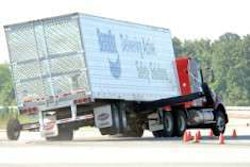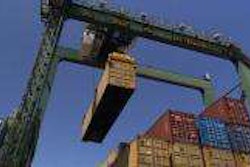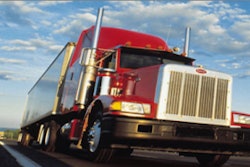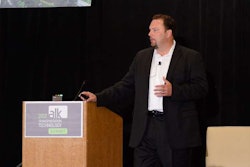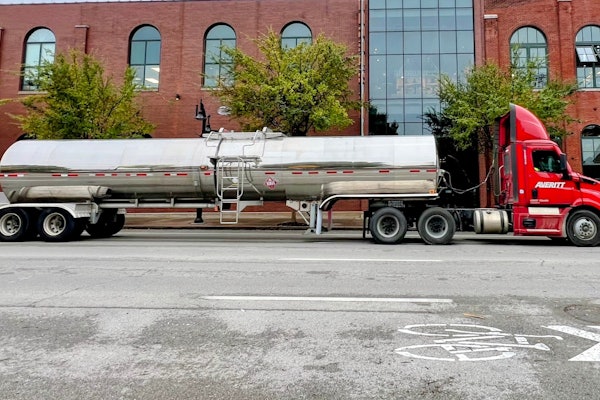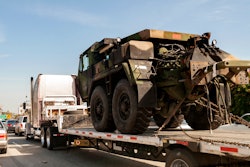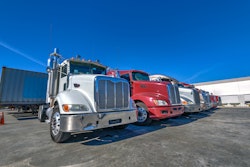Most people are familiar with the term BYOB. Perhaps you’ve also seen BYOM on an invitation to a neighborhood barbeque. If you’re applying for a job as a company driver or owner operator, you might also soon become familiar with another term, BYOD.
In case you haven’t guessed by now, the first two terms stand for Bring Your Own Bottle or Meat. As for the last term, BYOD, suppose you are a driver applying for a job at U.S. Xpress Enterprises. If you have a smartphone, the company has developed apps that will keep connected to the company outside the cab. Just be sure to bring your own Android or iPhone device along on trips.
“We’ve untethered our drivers from the truck,” says John White, president of the Chattanooga, Tenn.-based carrier at the ALK Technology Summit, held in Princeton, N.J., on May 16-17. “Drivers no longer need to be tethered to the truck to communicate. We can send dispatches and they can accept loads. It’s all integrated into our process. (Drivers) can do what they need to do from a cell phone.”
Today’s truck driver is a technology consumer. They are buying and procuring devices just like everyone else to improve their lives and make better business decisions, such as staying connected to their families through Skype. Why not leverage these same consumer platforms to deploy business apps to improve their jobs and collect information?
In addition to smartphones, tablets are proliferating quickly. Analyst firm Gartner predicts sales of 320 million tablets by 2015. “People have personal stuff on there; it’s a no brainer to leverage for other things,” says Christian Schenk, vice president of market development and product management for Xata Corporation. Xata currently has productivity and compliance applications for both in-cab computers and Android devices. “Drivers like tablets better. The end customer experience is better.”
Carriers are no longer interested in spending $2-3,000 on technology devices for the cab to deploy applications for compliance and productivity, he says. According to a study by the Aberdeen Group, in the event that electronic onboard recorders (EOBRs) are mandated, sales of traditional onboard computers will stay flat at 200,000 units per year. Thousands of fleets will need to adopt new technology in a hurry. “They will want to leverage technology they already have,” he says. The study found that 86 percent of drivers have personal mobile devices; 44 percent of these devices are smartphones, and 81 percent are Android.
“Transportation has a higher percentage of Android devices than anything else. The cost point is so low that drivers can get a device that does everything,” he says. And fleets that are already using mobile devices in lieu of traditional onboard computers can quickly adopt new technology apps for transportation. “It is very unlikely that a company that already has mobile devices will want to get an onboard computer.”




